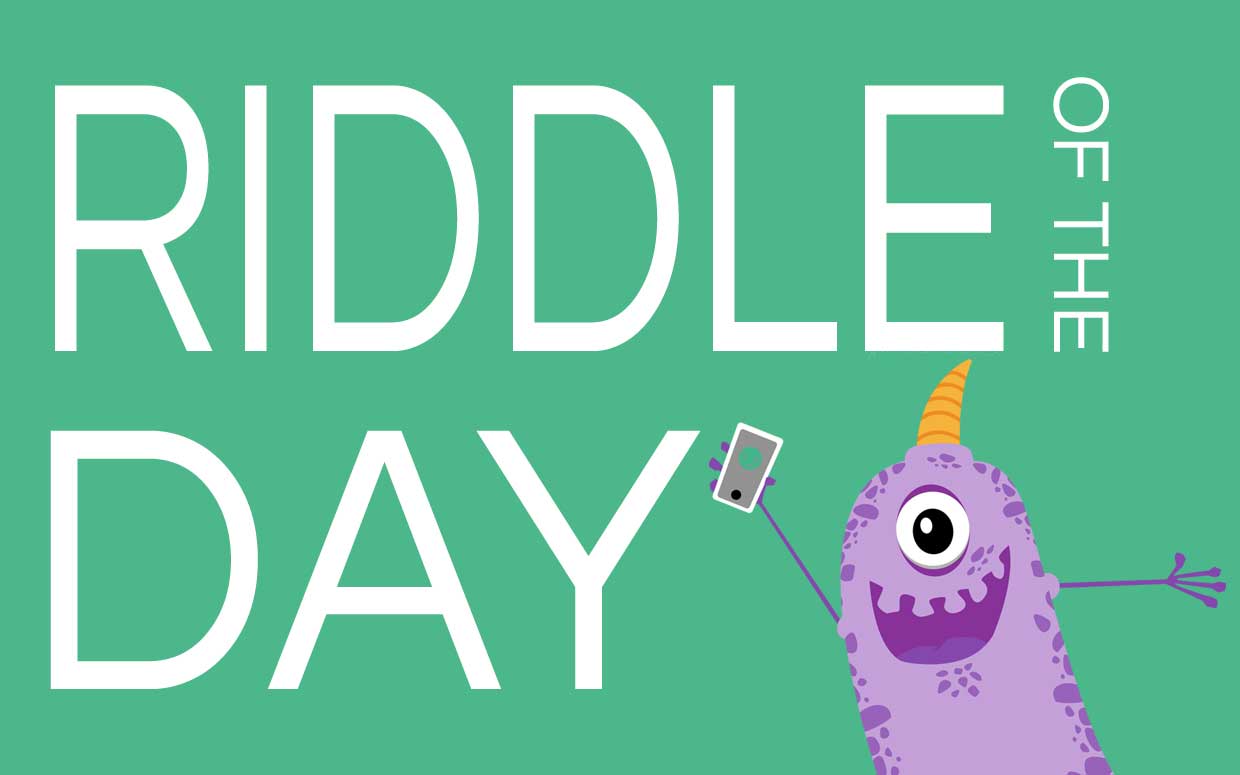
When Did Riddles Start?
For thousands of years, people have told riddles and enjoyed them. Riddles are entertaining to tell and far more enjoyable to solve! You may create customized riddles to share with relatives and friends. Reading different riddles can help you grasp how they function. There are several riddle books available, as well as some online. Riddles can be about anything you can think of, but actual items that people are familiar with are fairly typical themes.
Table of Contents
What Exactly Is A Riddle?
A riddle is a type of word puzzle in which one player poses a perplexing question and the other player must figure out what it means. Riddles frequently rely on puns and double entendres; in other words, the key to understanding the riddle is to recognize that one of the phrases is being used unexpectedly or startlingly.
Brain teasers are another name for riddles, however, this phrase refers to a larger range of thought-based activities. Riddles are one type of brain teaser, along with crossword puzzles, Sudoku puzzles, and even arithmetic problems (when set up for fun).
Definition Of Riddle
A riddle, according to the Oxford English Dictionary, is “a question or statement purposefully constructed to demand ingenuity in detecting its solution or meaning.”
As you can see, riddles are most usually asked as questions with a double meaning. Riddles are a form of a problem because they involve a lot of thinking and, more often than not, have an unexpected answer. This is why riddles are fantastic for youngsters because they force them to think outside the box and not always look for the most obvious answers.
When Did The Riddles Originate?
The first discovered written riddles date back over 4,000 years. They were written in Cuneiform, the ancient Sumerian script. “A home you enter blind, but emerge out with sight,” is a shorter and simplified version of one of the first riddles.
The contemporary English term riddle, like the word read, derives from the Common Germanic verb *rdan, which means ‘to interpret, guess.’
Riddles abound in ancient and medieval literature. They were employed to add tension to the text as well as to carry on the cultural legacy. One example would be the concealed double meanings in the written words that formed the foundation of medieval academics’ knowledge.
The term “riddle” refers to a statement or question that demands a specific solution or provides a conundrum whose hidden meaning must be understood. Riddles are classified into two types. The enigma is a symbolically stated puzzle, while the conundrum is an extremely complex dilemma that frequently includes a pun in its question or answer. “What is the difference between a jeweler and a jailer?” is an example of a dilemma. – “One sells watches, while the other sells cells.”
How One Can Make A Riddle?
Many children like creating their riddles, and even as an adult, I enjoy driving in my car and thinking about how to make a riddle.
To design a riddle, you must first grasp the components of a riddle and how a riddle works.
You accomplish this by reading and telling a variety of riddles with answers. These riddles for kids are an excellent place Riddles can be about anything you can think of, but actual items that people are familiar with are fairly typical themes.to begin learning about riddles!
Various Forms Of Riddles
Riddles are classified into two types:
- An enigma is a situation in which a problem is presented and the answer is stated symbolically.
- A conundrum is a question that allows either the question or the solution to be opened.
Long Journey Of Riddles
The riddles in the preceding instances have their origins in old English poetry, notably the Anglo-Saxon period. It was regarded as a prestigious genre in Anglo-Saxon England because it demanded a high level of literary skill, wit, and intelligence to both write and solve riddles.
Shakespeare was also fond of riddles, employing their figurative and metaphorical nature in character speech to portray emotions like love and hatred in a more complicated, lyrical, and ethereal manner.
The Bottom Line
To summarize everything, we can see that riddles could be enjoyed by any age group, irrespective of them a child or elder. They are not only fun but also sharpens our brain. I hope you have got everything you were looking for and got back the roots and traces of riddles.








